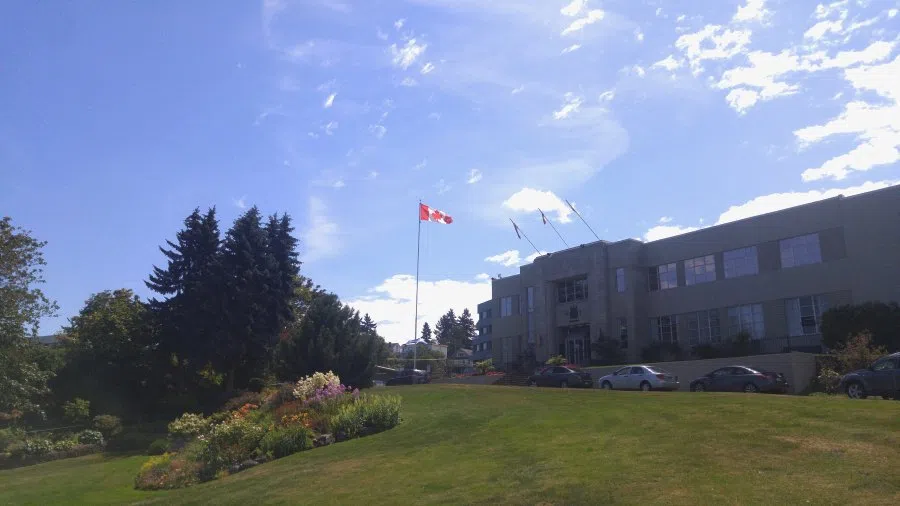
New Nanaimo reserve ‘forces’ council to fund infrastructure: taxpayer advocate
NANAIMO — A move by city council to bank money for future strategic priorities will drive up property taxes by at least three per cent over the next four years.
On Dec. 19, council approved the creation of a strategic infrastructure reserve fund. The fund will be filled by redirecting annual casino and Fortis revenues into it and out of general revenues, where they currently go.
“I wish we started this about 20 years ago,” said Coun. Bill Bestwick in conversation with NanaimoNewsNOW. “When you know that you have the resources to do certain things over time in planning for a city’s growth, it makes it certainly a lot easier for the politicians and for the administration to say ‘here’s the amount of monies we will be able to generate.’”
Bestwick calls the money going into the fund “free money” because it’s third party cash that comes into the city and isn’t taxpayer generated.


